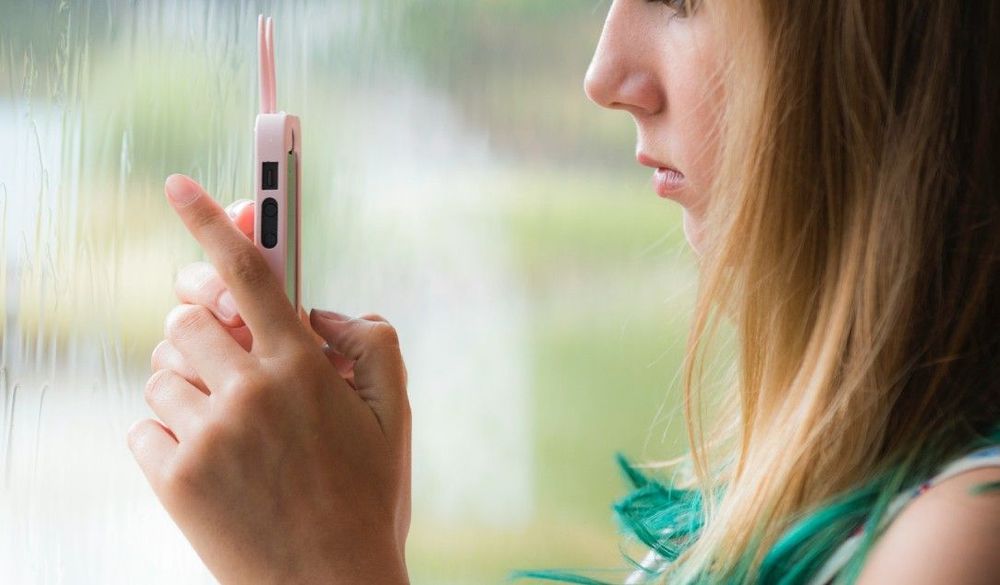Instagram to bolster privacy and safety features for millions of teen users
Instagram announced Tuesday that it will make sweeping changes to how it hosts teens using the platform, asserting that the new measures will give youth more privacy and better protect them from harmful content and social media addiction.
The move comes as the platform finds itself under fire from lawmakers and regulators, with the passage of tough new laws looking increasingly likely. There has also been strengthening opposition from parents, including those who have lost children to suicides they believe are linked to social media usage.
The new rules will make the accounts of millions of teenagers private, allowing only people they follow to message or tag them, Meta said in an announcement. The app also will now ping these users when they have been on the app for an hour, suggesting they take a break, and mute notifications sent after 10 p.m., responding to critics who worry teens are unable to step away from the platform even to sleep.
Another change will lead teens to automatically be placed into what Instagram called its most restrictive content control setting, which it said will limit young users’ exposure to sensitive content such as reels promoting cosmetic surgery.
Offensive words and phrases will be removed from teens’ comments and direct message requests, Meta said, calling the effort part of its campaign to reduce bullying on the platform.
Users under 16 will need parental permission to turn off the new restrictive settings, Meta said in its announcement.
The changes will take effect in the next 60 days in the U.S., UK, Canada and Australia. The program will launch in the European Union later this year and worldwide in January.
The news comes a day after the House Energy and Commerce Committee announced it will vote Wednesday to mark-up tough legislation designed to crack down on social media companies and shield youth using the platforms from a variety of alleged harms.
That legislation, the Kids Online Safety Act, passed the Senate in July and would impose significant restrictions governing how Instagram and other social media platforms interact with young users. Committee members also will vote Wednesday to mark up the Children’s Online Privacy Protection Act 2.0 (COPPA 2.0), which bans companies from taking personal data from users under age 17 without their consent.
Instagram critics called the company’s new program — dubbed “Teen Accounts” — too little too late.
"Default private accounts for minors and turning off notifications in the middle of the night are safeguards Meta should have implemented years ago,” Josh Golin, executive director of the child safety advocacy organization Fairplay, said in a statement.
“We hope lawmakers will not be fooled by this attempt to forestall legislation,” Golin’s statement added.
Under the new regime teens also will be required to verify their age more frequently and the platform will use new technology to “proactively find accounts belonging to teens, even if the account lists an adult birthday,” Meta’s announcement said.
Age verification tools and censoring content available to teens has historically been controversial, with civil liberties groups like the ACLU staunchly opposing the measures.
Still, some privacy advocates praised Meta for taking action.
“Instagram’s decision to provide some default safety settings for kids is an important and long-overdue step in the right direction,” said Tom McBrien, counsel at the Electronic Privacy Information Center, via email.
“This shift significantly undercuts arguments made by Meta and other big tech companies that laws requiring safe design and privacy by default would impose unconstitutional and infeasible burdens on these platforms,” he added.
Suzanne Smalley
is a reporter covering digital privacy, surveillance technologies and cybersecurity policy for The Record. She was previously a cybersecurity reporter at CyberScoop. Earlier in her career Suzanne covered the Boston Police Department for the Boston Globe and two presidential campaign cycles for Newsweek. She lives in Washington with her husband and three children.



